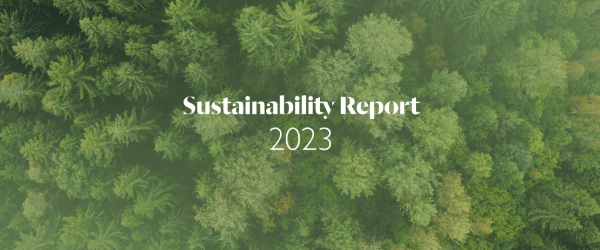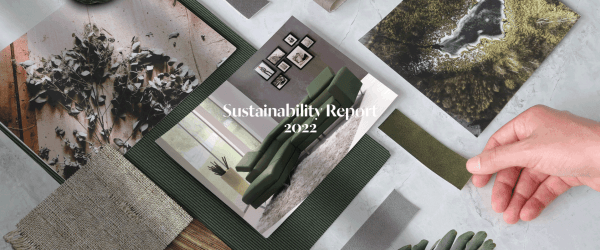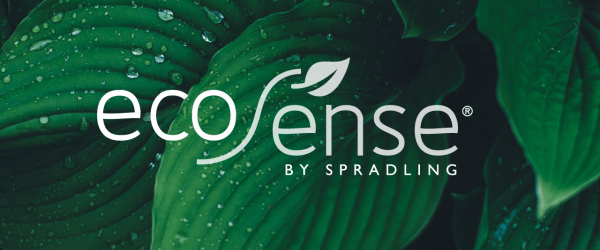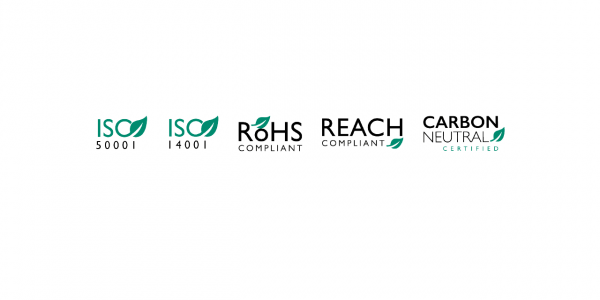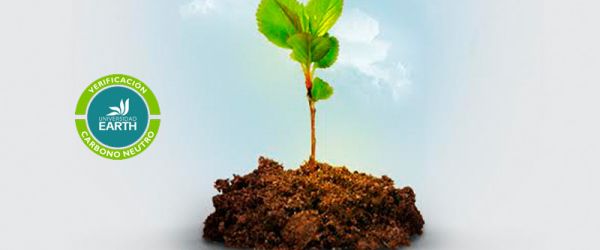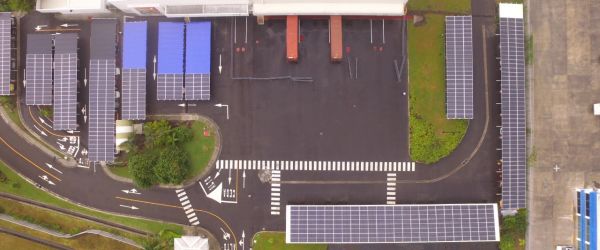SPRADLING® in Europe, through its companies Euro Spradling S.L.U. in Spain, Spradling GmbH in Germany and Spradling UK Ltd in the UK, monitors and follows closely the REACH regulation (EC) 1907/2006, which is consistent with the company’s commitment to promote responsible production, handling and use of the supplied products. All coated fabrics sold by our company are classified as an “Article” in the regulation.
All substances contained in our coated fabrics are not released under normal conditions of use. Therefore, a pre-registration or registration of these substances under the REACH regulation is not necessary. In our process of monitoring and enforcement of REACH, all substances classified as very high concern (SVHC) are verified and evaluated in collaboration with our suppliers to ensure that they are in process of registration or, if not, alternatives to replace them are evaluated within the set time limits of the regulation.
SPRADLING® declares that all its articles marketed in the EU do not contain any of the substances considered as SVHC under the Regulation (EC) 1907/2006 of the European Parliament and the Council of 18.12.2006 (REACH).
All our products sold in Europe meet the RoHS (Restrictions of Hazardous Substances) Directive 2002/95/EC that restrict the use of certain substances commonly used in electric and electronic equipment like Lead (Pb), Cadmium (Cd), Mercury (Hg), Hexavalent Chromium (Hex-Cr), Polybrominated Biphenyls (PBB), and Polybrominated Diphenyl Ethers (PBDE).

